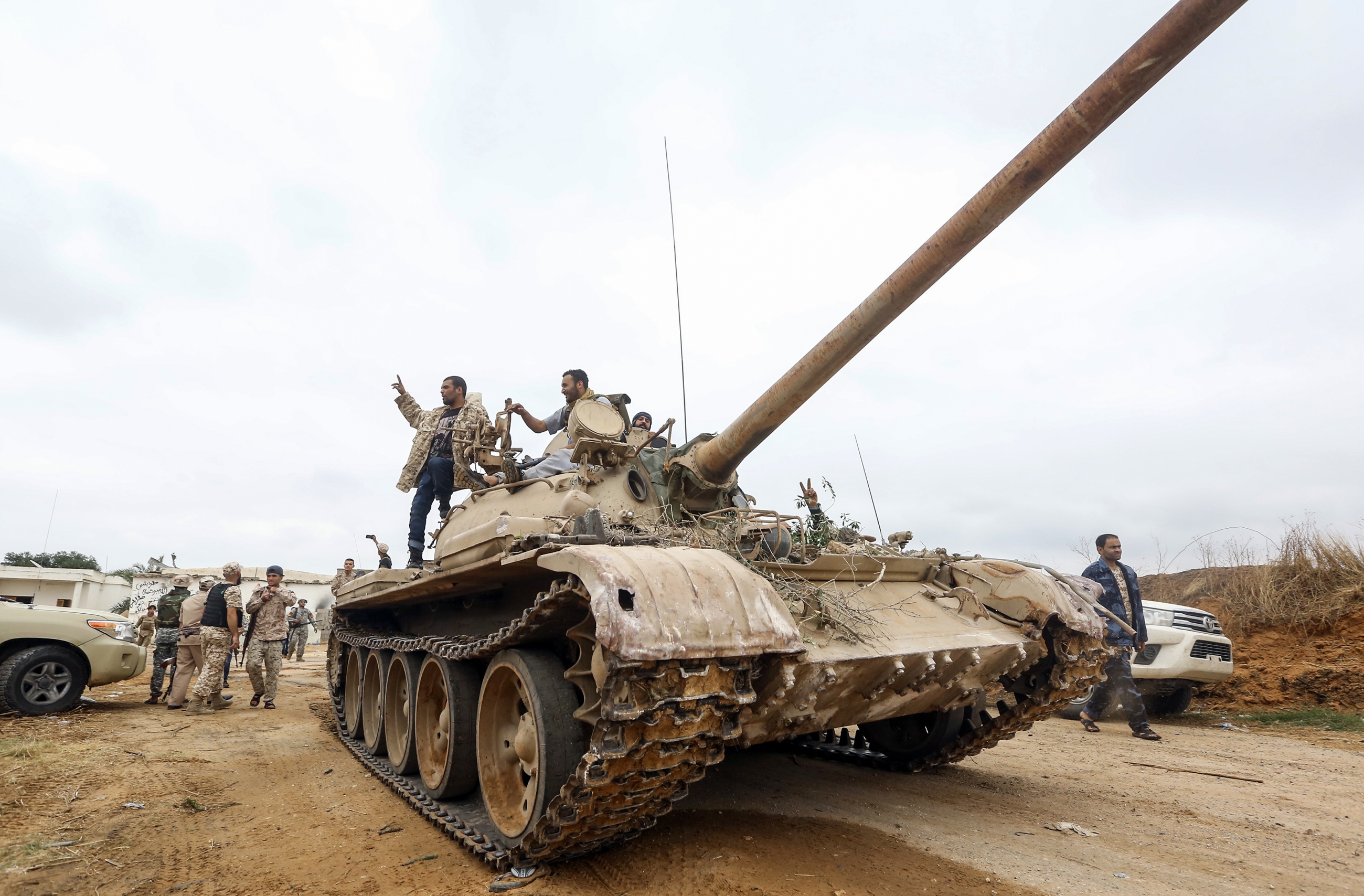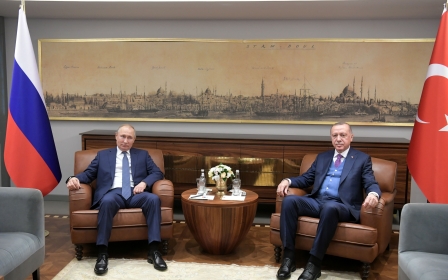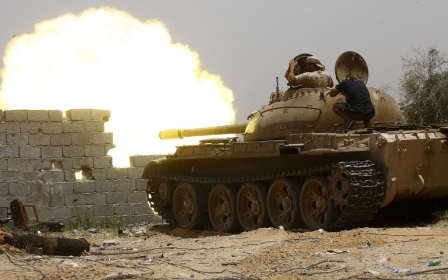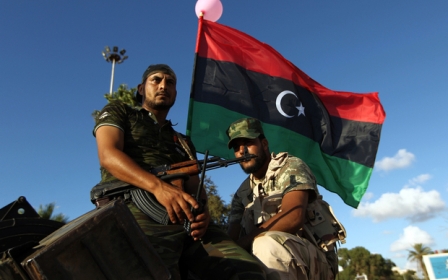Libya's Haftar vows to continue Tripoli offensive despite ceasefire calls

Libya's Eastern commander Khalifa Haftar vowed on Thursday to continue his military offensive against forces loyal to the UN-recognised Government of National Accord (GNA), in an apparent rejection of a ceasefire call from Turkey and Russia.
In a statement read by spokesman Ahmad al-Mesmari, Haftar said that a revival of the political process could be achieved only after the "eradication of terrorist groups" and dissolution of militias controlling the capital, Tripoli.
Libya, a major oil producer, has been plagued by crises since a Nato-backed uprising in 2011 toppled and killed Muammar Gaddafi.
The country has been split between two rival administrations: the GNA, based in Tripoli, and the House of Representatives based in the eastern city of Tobruk.
Both governments have been accused of failing to integrate militias that rose up against Gaddafi into a formal security structure, with some armed groups controlling vast swathes of territory including oil terminals, airports, military barracks and other crucial infrastructure.
New MEE newsletter: Jerusalem Dispatch
Sign up to get the latest insights and analysis on Israel-Palestine, alongside Turkey Unpacked and other MEE newsletters
Since April 2019, Haftar has sought to defeat the militias that support the GNA, under the pretext that he is fighting a war against "terrorism".
In recent weeks, his forces have made considerable gains since the introduction of mercenaries and private military groups from Russia. On Monday, his fighters captured the key city of Sirte.
'Fight will continue until the end'
The GNA recently requested military assistance from Turkey, with Ankara sending military advisers and experts to Libya to help shore up the beleaguered government.
President Recep Tayyip Erdogan said earlier this week that Turkey's objective was "not to fight," but "to support the legitimate government and avoid a humanitarian tragedy".
On Wednesday, Erdogan reiterated his call for an end to the fighting, and along with his Russian counterpart Vladimir Putin urged the warring sides to agree to a ceasefire by 12 January midnight.
"We welcome Putin's call for a ceasefire. However, our fight against terrorist organisations that seized Tripoli and received support of some countries will continue until the end," said Haftar's spokesman al-Mesmari.
He added that the position did not amount to a rejection of the ceasefire initiative, but rather "conditions that must be fulfilled" ahead of any truce.
Middle East Eye delivers independent and unrivalled coverage and analysis of the Middle East, North Africa and beyond. To learn more about republishing this content and the associated fees, please fill out this form. More about MEE can be found here.




